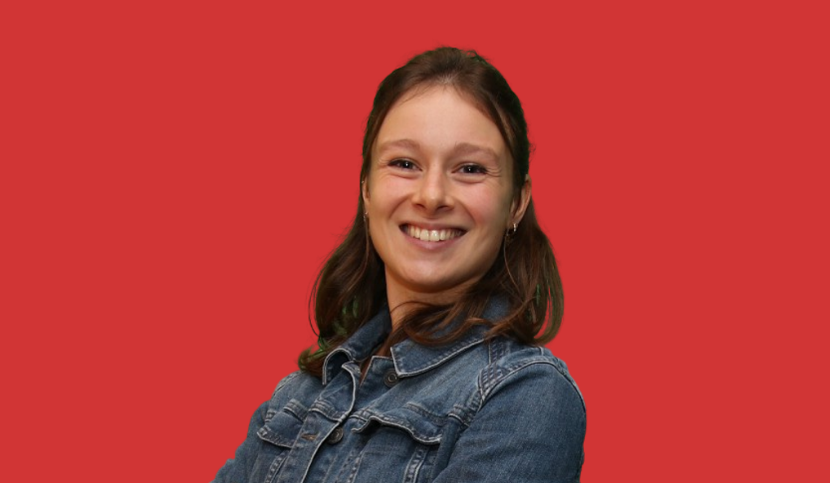On Thursday October 5, Camille Lakhlifi, a Université Paris Cité’s PhD student at Paris Brain Institute (CNRS/Inserm/Sorbonne Université) won 1st prize from the jury at the international final of “Ma thèse en 180 secondes”, the popular science competition organized by CNRS and France Universités.
WHAT MOTIVATED YOU TO TAKE PART IN THE “MA THÈSE EN 180 SECONDES” COMPETITION?
I’ve always enjoyed sharing scientific concepts with as many people as possible. Taking part in this competition was therefore a natural way of giving substance to my research work in a lighter form than the usual scientific productions.
Indeed, I often have fun concocting parodies of commercials to make my fellow students laugh: I wanted my presentation to be natural and to resemble the nonsense I usually do to amuse the gallery. I think it’s a good way to play down a subject, to capture attention and explain scientific concepts in a humble way.
WHAT ARE YOU WORKING ON TODAY?
I’m finishing my thesis in cognitive science with the “PICNIC – Neuropsychologie et neuroimagerie fonctionnelle” team at Paris Brain Institute, supported by the Haute Autorité de Santé and the Learning Planet Institute (Université Paris Cité). My work focuses on the metacognition of doctors: we want to know whether the confidence they have in their knowledge and decisions is in line with their actual accuracy.
A better understanding of doctors’ metacognitive abilities would enable us to develop interventions to improve clinical decision-making and enhance patient safety (through awareness-raising programs, for example).
AS A PARIS CITÉ UNIVERSITY DOCTORAL STUDENT AT PARIS BRAIN INSTITUTE, WHAT DOES OUR INSTITUTE MEAN TO YOU?
Paris Brain Institute is a demanding research institute, bringing together a wide range of profiles with highly specialized expertise. I’ve been lucky enough to benefit from the kind and relevant guidance of many researchers in the different teams, as well as the support of the Data Analysis Core biomedical computing platform team and the PRISME platform dedicated to the study of human cognition and behavior: this has made many stages of my thesis much easier and more enjoyable!







